F1 | Mercedes, Vowles on the strategy adopted in qualifying in Baku: "The slipstream was worth four tenths"
On the fight between Hamilton and Bottas he added: "No order came from the wall"
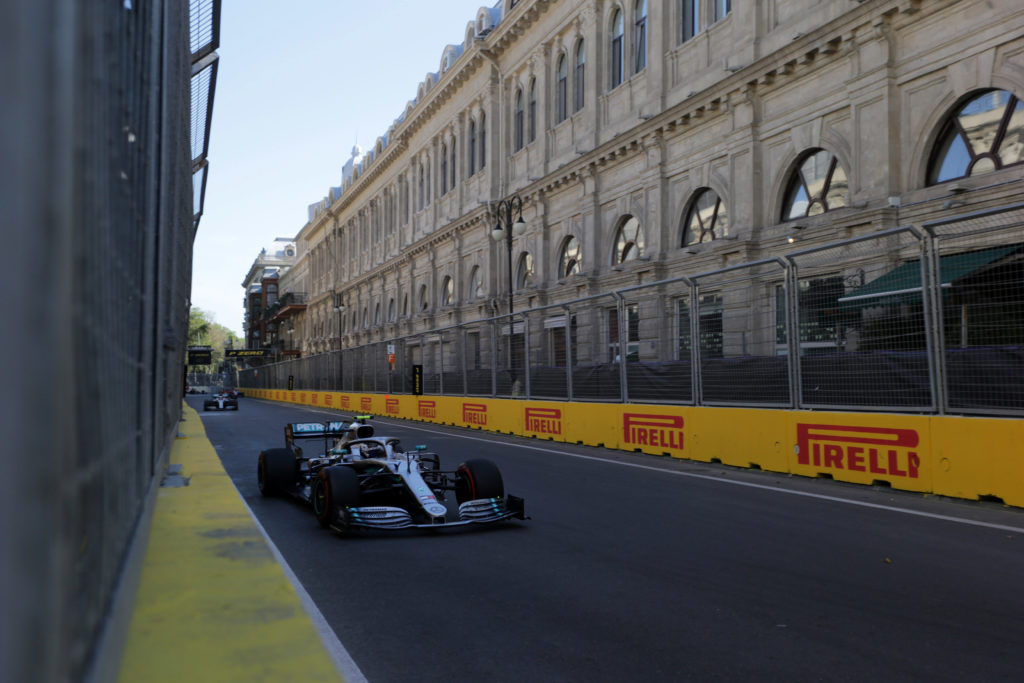
In the special published by PurePitWall, James Vowles explained the strategy adopted by Mercedes during the qualifying of the Azerbaijan GP, the fourth round of this 2019 Formula 1 world championship, underlining how the wake effect in Baku was worth around four tenths, a gap too important to not be considered in team strategies.
Hence the choice to take to the track in Q3 first and to stop at the exit of the pit lane, so as to complete the lap together taking advantage of the slipstream offered by the opponents.
Here's a comment Mercedes is back to putting together two first steps in the first season following the latest run of Q3
Vettel finally doubled Norris and Giovinazzi before the free track
Here he coûtera the pole #AzerbaijanGP #F1 pic.twitter.com/HMoDbSbHaE— Burgrid➆ (@Burgrid7) 2 May 2019
“In qualifying the wake effect proved to be very significant in performance,” said Mercedes' chief strategist. “The aerodynamic effect involves a reduction in drag and on a track like Baku this effect is maximized, becoming almost decisive. According to our calculations, the slipstream on this track is worth around four tenths and a gap of this type may or may not give you pole position."
The Englishman subsequently analyzed what happened on Saturday, with the two Mercedes stopped at the exit of Q3 waiting for a hook: “In the last races, qualifying is like a kind of western film. Everyone looks at the next garage trying to understand when to send their drivers onto the track. Nobody wants to go out first, since this would mean offering the slipstream to a rival. Given this, we decided to plan ahead, sending our drivers onto the track a few minutes early and asking them to stop at the pit exit. In doing so we made the first move. We took huge risks, as we crossed the finish line just seconds from the checkered flag, but in the end it worked. A plan of this type requires a great deal of attention, especially from the pilots, and a lot of communication must be communicated to ensure that everyone is clear on the plan. We spoke to Lewis and Valtteri in the morning, to make sure everything was clear, and they did a fantastic job."
Obviously, there was a reference to the strategy in the race, with the soft tires creating more than a few problems for the Mercedes: “Unfortunately the tires performed worse than we expected. We had planned a pin stop around the 14th or 15th lap, but the already high temperatures changed our parameters and already on the seventh lap we were losing time to Leclerc, who started on the mediums. Vettel anticipated his stop and this led us to react, with the only problem being that we didn't have a gap large enough to double pit like in China. We still managed to go out after our changes ahead of Sebastian, but the new tire needed to get to the right temperature. It was necessary to calculate the right gap to avoid being attacked by those behind with hot tires and fortunately it went well."
Finally, conclusion on the duel between Hamilton and Bottas: “We gave Lewis the chance to fight for the win. We are professionals of the sport, of course, but at the same time we are also passionate and love to see the cars duel on the track. It's difficult to manage a situation like that, since it's difficult to accept that there is a duel between our drivers without the team's control, but I have to admit that they did a fantastic job. Lewis and Valtteri are two great professionals."
It's #PurePitWall Debrief O'clock! 🕟
Get the inside story on the #AzerbaijanGP, including…
⚙️ The effects of no # FP1
⚠️ How Lewis lost 2s under VSC
⚔️ Whether the drivers could fight for the win… 👀Full video ➡ https://t.co/2c5FOqc7UC#UnfairAdvantage 🇦🇿 #F1 pic.twitter.com/u6UMrqnTM3
— Pure Pit Wall (@PurePitWall) 1 May 2019
if you want to always be updated on our news
Follow us here
![F1 | Ferrari: here is the new livery for the Miami GP [PHOTO AND VIDEO]](https://f1grandprix.motorionline.com/wp-content/uploads/2024/05/livree-ferrari-gp-miami-2024-1024x691.jpg)
![F1 | Ferrari: here is the new livery for the Miami GP [PHOTO AND VIDEO]](https://f1grandprix.motorionline.com/wp-content/uploads/2024/05/livree-ferrari-gp-miami-2024-500x338.jpg)
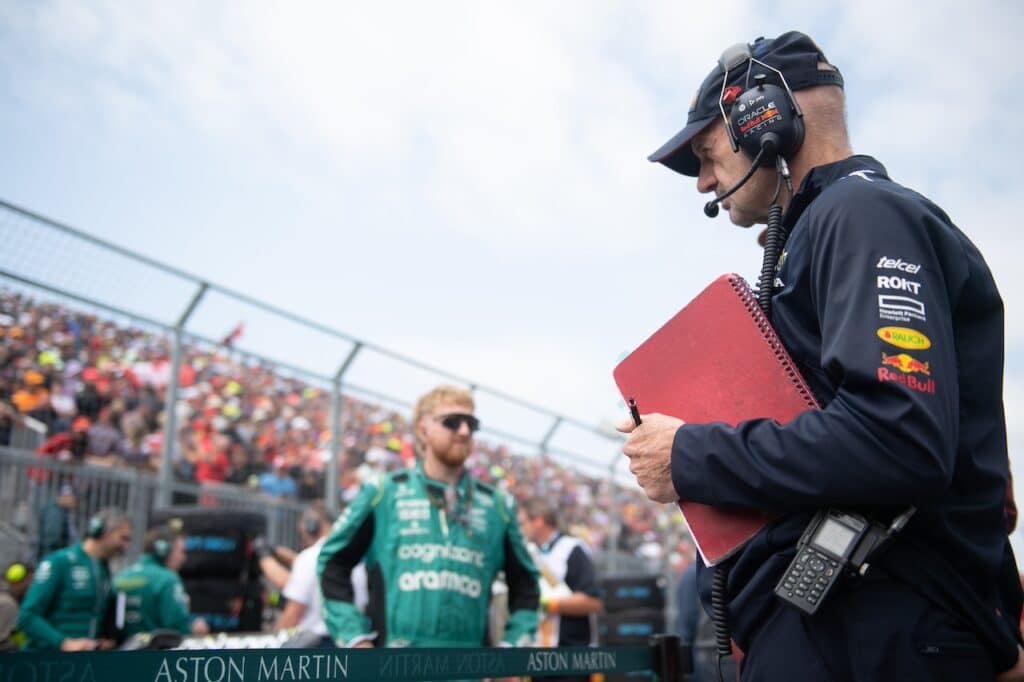
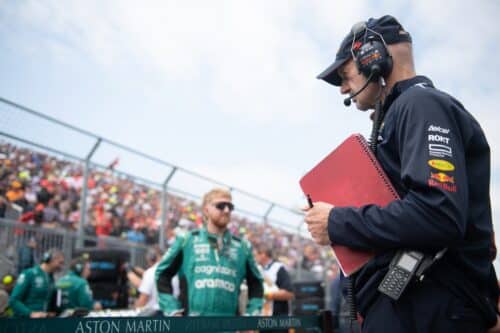
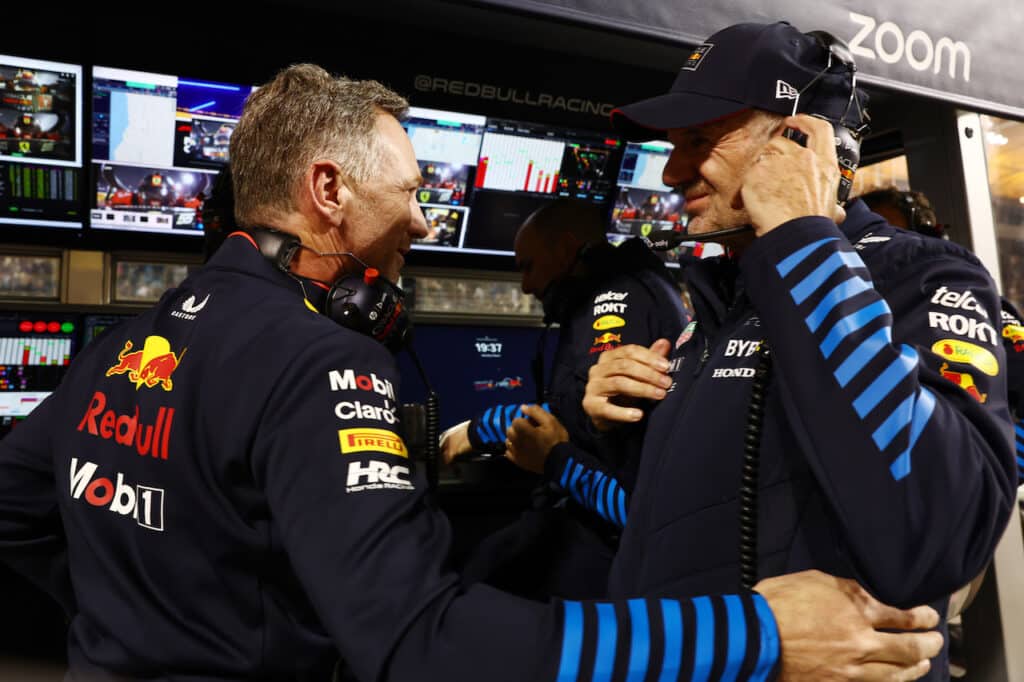
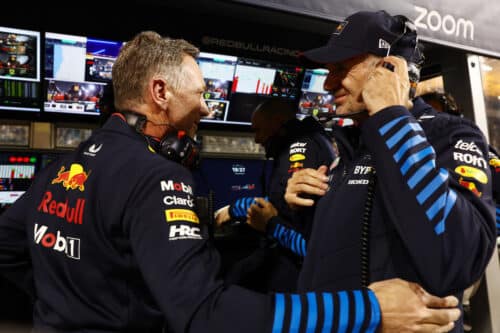
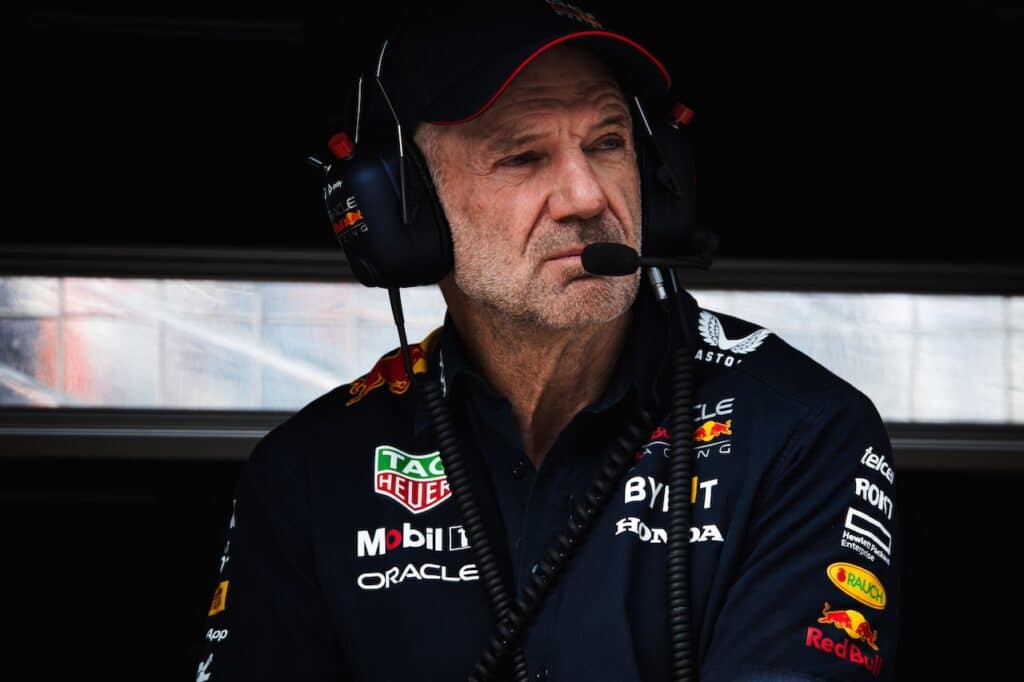
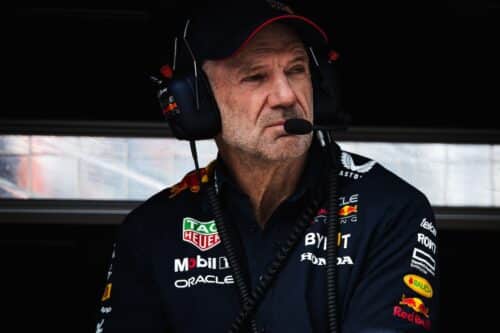
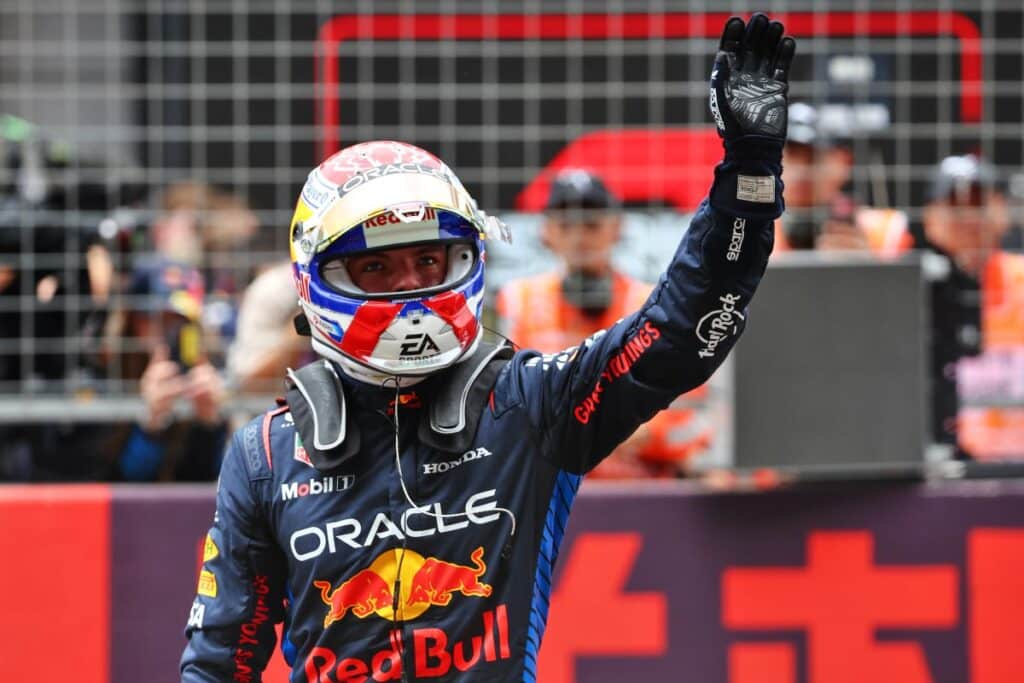
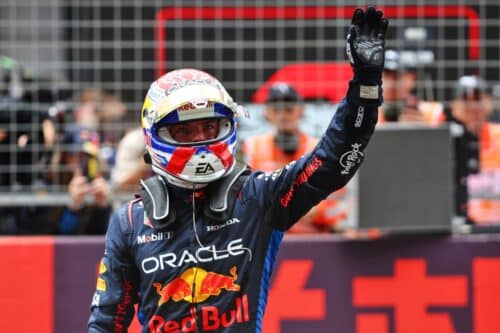
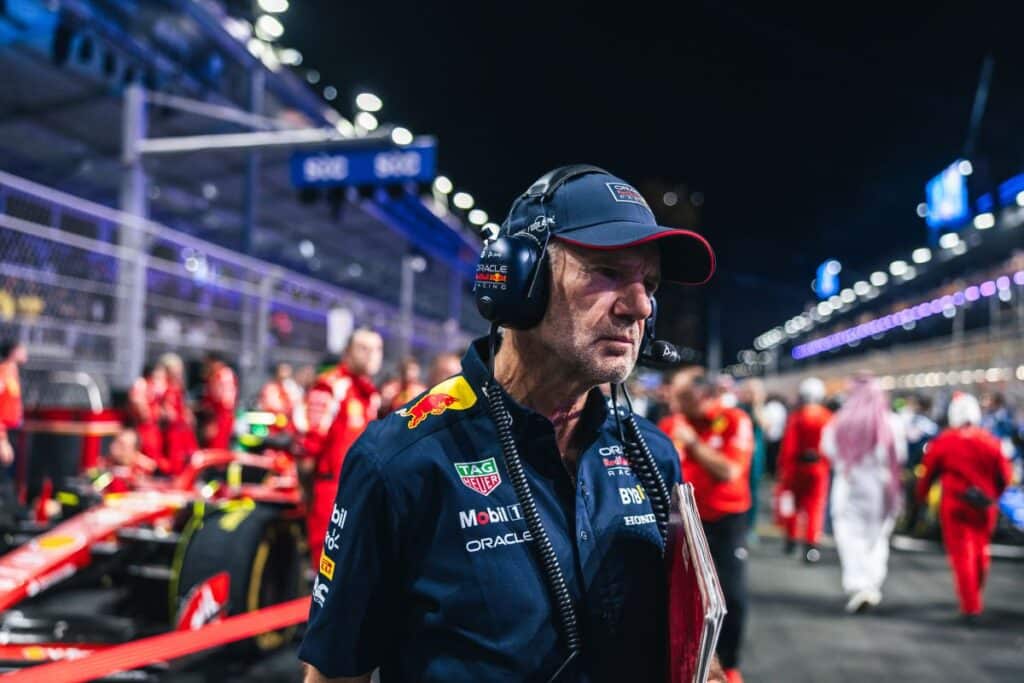
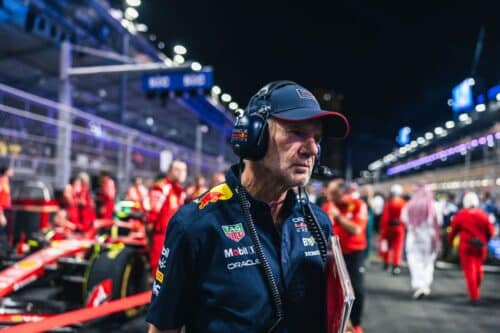




![F1 | Vettel at the Imola GP: he will drive Ayrton Senna's McLaren MP4/8[VIDEO]](https://f1grandprix.motorionline.com/wp-content/uploads/2024/05/vettel-a-imola-guidera-mclaren-senna-2024-1024x682.jpg)
![F1 | Vettel at the Imola GP: he will drive Ayrton Senna's McLaren MP4/8[VIDEO]](https://f1grandprix.motorionline.com/wp-content/uploads/2024/05/vettel-a-imola-guidera-mclaren-senna-2024-500x333.jpg)









